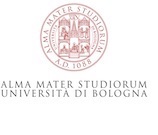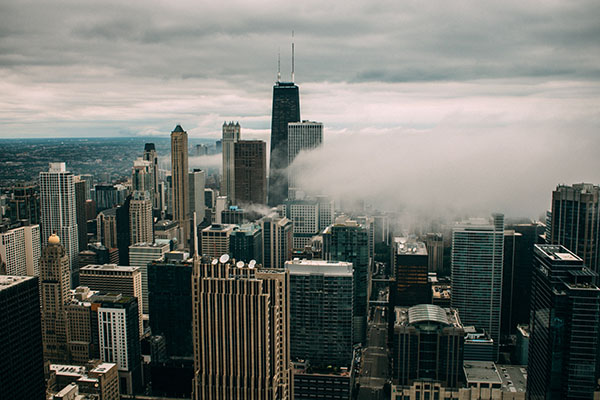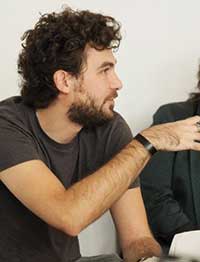NICCOLÒ CUPPINIMetropoliz: Genealogies, Politics and Aesthetics of the Urban PlanetAFTERNOON COURSE (Aula Gambi)
|
|
|
From the peak of the Morro da Providência’s favela in Rio de Janeiro to the Shangai Tower skyscraper, from the Skid Row district in Los Angeles to the Casbah of Tunis… contemporary urban scenarios are tremendous kaleidoscopes of a deep multiplicity of point of views and of extremely variegated social positions. These dense environments of concentrated urbanization are globally interconnected by digital technologies and numerous maritime, terrestrial and aerial pathways (pipelines, ports, railroads, airports etc.) that pass through complex panoramas of extended urbanization. The planetary urbanscape is a bizarre transcalar patchwork continuously re-shaped by the increasingly speed of financial capital and labour movements. We therefore observe an extreme threshold of the historical process of city’s “dilation”: The city in itself is becoming a punctual set of planetary nodes of power and it is at the same time exploding along the global chains of value and via the increasing mobility - describing a new contradictory and complex matrix to think the political at the planetary scale. This workshop will crisscross these set of questions with the aim to endow the theoretical constellation of contemporary urban studies with three vectors: a genealogical background; a political conceptualization; an analysis of forms and dynamics of urban conflicts. Each of these steps will be developed using some cities as explanatory models in a trans-disciplinary way. Class one: #Chronoscapes: Shangai, Rome, Dubai. Genealogical trajectories and political premises of the planetary urbanization Since the Sixties there has been an increasingly focus of Marxian theorists and, more generally, by critical studies, on “the city” as an object of analysis. Within this stream, the city (and the urban) have primary been conceived as a spatial matter, as the built environment of associated social life. However, they are also temporal dispositifs, machines of time: stratifications of multiple histories and synchronizers of social time. Cities are tumultuous processes that is necessary to trace and grasp in temporal terms. Therefore, the first session of the workshop will reflect on cities as chronoscapes, and will present and discuss the multiple strategies, typologies and generations of cities that today coexist and shape the planetary urbanization. Class two: #The Urban Political: Tunis, Moscow, New York. Seeing like a City: Urbanizing political thought During the so called Modernity, the State has been the hegemonic political subject. Both the political thought and the political arena have been centred on State’s categories, forms of politics, imaginaries. However, to grasp contemporary political dynamics the lenses of the State seem to be weak and insufficient. This second session will elaborate and propose a different perspective to conceive and frame “the political”, proposing a theoretical move from a “seeing like a State” to a “seeing like a city”. The city will be presented as an alternative political matrix, as a battleground through which social groups define themselves. The discussion will be articulated through a critical review of aesthetics and counter-aesthetics, mappings and counter-cartographies of contemporary urbanization. Class three: #Urban conflicts: Los Angeles, Rio de Janeiro, Paris. Insurgencies, Riots, Strikes, Communes From the Greek stasis to the conjurations of the Medieval communes, from the mobs within the ports of the colonial cities to the European insurrections of 1848 and the Paris Commune, from the wave of strikes of the Twentieth century to the contemporary riots: Cities are archives of heterogeneous forms of social and political conflicts. Moreover, urbanization processes are dialectical and antagonistic: there is a constant tension between the shaping of the urban form and its continuous de-formation; between the projects and subjects that intend to spatialize a fix and stable top-down social relationship, and the counter-projects and counter-subjects which behaviours refuse that spatialization challenging its legitimacy. The third session will discuss this set of questions through a critical assessement of the “right to the city” conception elaborated through the intersecting of two axes at the planetary scale: the contemporary forms of urban poverty organization and segregation (ghetto, slum, banlieue, favela, periphery, bidonville, gecekondu, villa miseria etc.) on one hand; the contemporary forms of urban conflicts (logistics struggles, squatting, acampadas, ZAD, etc.) on the other.
|





